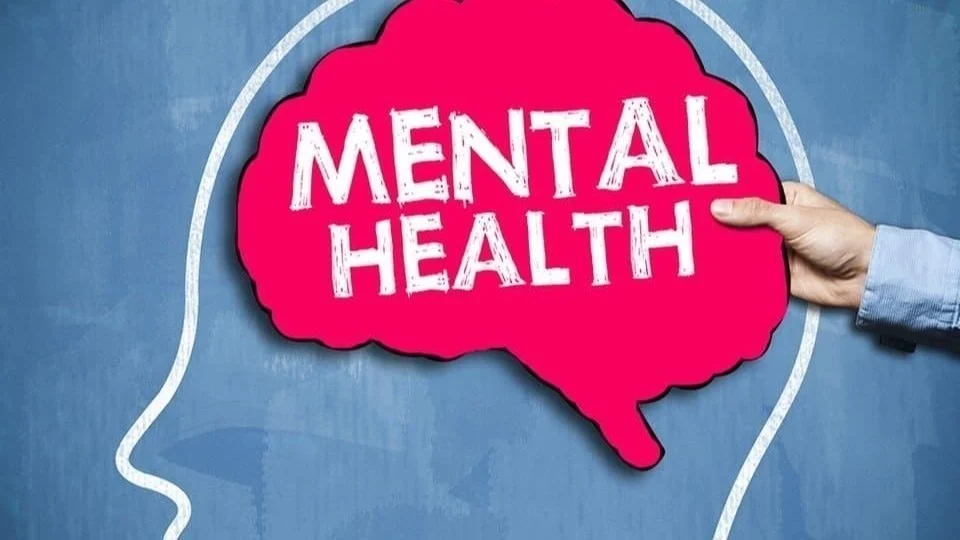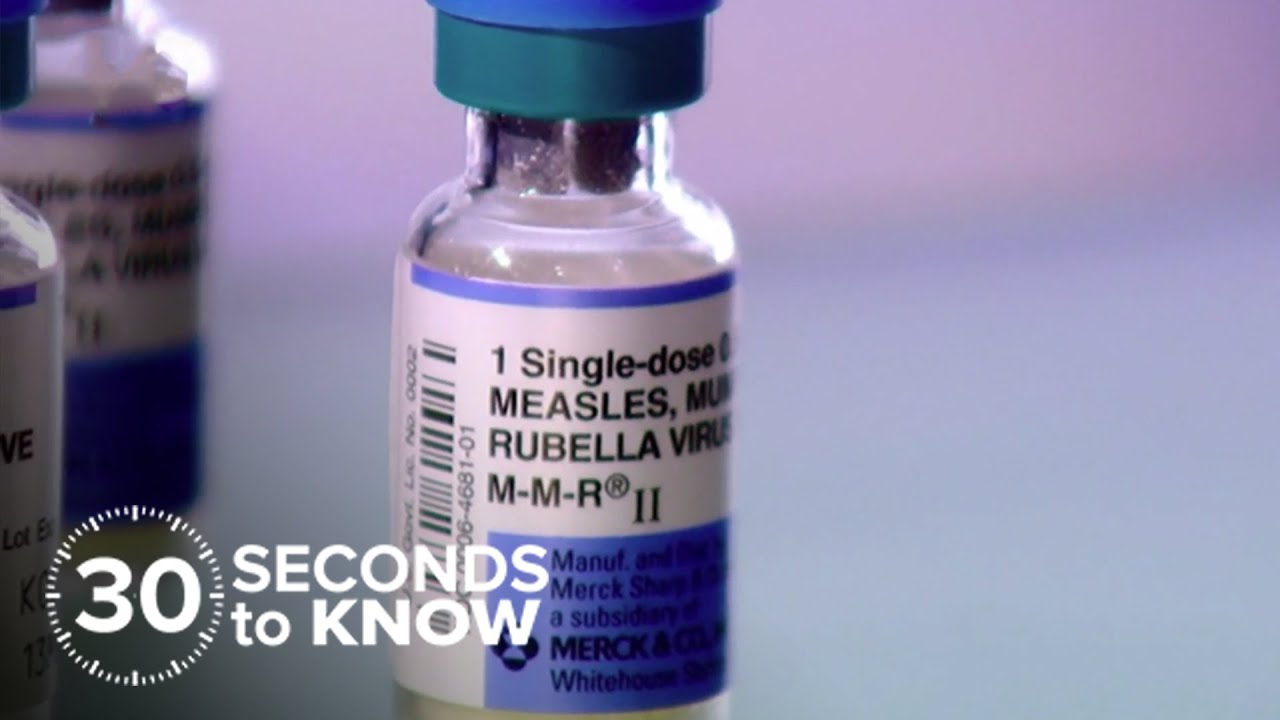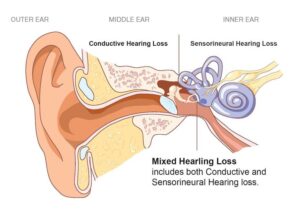For men, managing health after the age of 50 is essential, as this is a critical period for the onset of various diseases. Regular visits to the doctor and open discussions about potential health issues are highly advisable. Here are six questions that all men over the age of fifty should consider asking their physicians:
1. How Can I Maintain Bone Density and Joint Health?
Bone health declines with age, increasing the risk of osteoporosis and fractures. Men often overlook the importance of bone and joint care, assuming that osteoporosis only affects women. However, weakened bones and joints can significantly impact mobility, leading to chronic pain and a higher chance of falls or injuries. Addressing these issues early can prevent long-term complications.
To maintain strong bones and joints, men should focus on getting adequate calcium and vitamin D, engaging in weight-bearing exercises, and undergoing bone density tests when recommended. Additionally, lifestyle changes such as avoiding smoking and excessive alcohol consumption can help preserve bone health. If joint pain arises, consulting a doctor for treatment options, including physical therapy or medication, can help maintain mobility and independence.
2. How Can I Address Changes in Sexual Health?
Sexual health concerns become more common after 50, with many men experiencing lower libido, erectile dysfunction (ED), or hormonal imbalances. These changes can affect confidence and intimate relationships, leading to frustration or emotional distress. However, sexual health issues are a natural part of aging and should not be ignored.
Discussing sexual health with a doctor is essential for finding appropriate treatment options, whether through medications, lifestyle changes, or therapy. Many conditions affecting sexual health, such as heart disease, diabetes, or stress, can be managed with proper medical intervention. Maintaining an open dialogue with a healthcare provider ensures that men can continue to enjoy a fulfilling and satisfying intimate life.
3. How Do I Support My Mental Health?
Mental health is just as important as physical well-being, yet it is often overlooked. Many men over 50 face stress, anxiety, or depression, particularly due to changes in career, retirement, or family dynamics. Ignoring mental health can lead to more severe issues, such as social withdrawal or chronic stress-related illnesses.
Maintaining mental well-being involves staying socially active, exercising regularly, and engaging in hobbies or cognitive activities. If feelings of sadness, loneliness, or anxiety persist, seeking counseling or therapy can be highly beneficial. Taking proactive steps to support mental health ensures a balanced and fulfilling life as men age.
4. What Should I Know About Diabetes and Blood Sugar Control?
Type 2 diabetes is a growing concern for men over 50, as aging increases the risk of insulin resistance and high blood sugar levels. If left unmanaged, diabetes can lead to severe complications, including heart disease, kidney failure, and nerve damage. Monitoring blood sugar levels and making necessary lifestyle changes can prevent or delay the onset of diabetes.
To manage diabetes risk, men should focus on maintaining a healthy diet, engaging in regular exercise, and getting routine blood tests. Reducing sugar intake, eating fiber-rich foods, and staying hydrated can help keep blood sugar levels stable. If diagnosed with prediabetes or diabetes, following a doctor’s recommendations regarding medication and lifestyle adjustments is crucial for preventing complications.
5. Should I Be Concerned About Cognitive Health?
Cognitive decline is a natural part of aging, but severe memory loss or difficulty processing information may indicate underlying issues like dementia or Alzheimer’s disease. Men over 50 should pay attention to early signs of cognitive decline, such as frequent forgetfulness or trouble concentrating. Early detection allows for better management of cognitive health.
To maintain brain function, men should engage in mentally stimulating activities like puzzles, reading, or learning new skills. Regular physical exercise also plays a key role in cognitive health by improving blood circulation to the brain. If memory problems become noticeable, consulting a doctor for neurological assessments and lifestyle recommendations can help slow cognitive decline.
6. What Vaccines or Screenings Should I Consider?
As men age, their immune system weakens, making them more vulnerable to infections and serious illnesses. Routine vaccinations can protect against influenza, pneumonia, and shingles, reducing the risk of complications. Preventive care, including immunizations, helps maintain overall health and lowers the chance of hospitalizations due to infections.
In addition to vaccines, men over 50 should schedule regular screenings for colorectal cancer, prostate cancer, heart disease, and diabetes. Early detection allows for more effective treatment and a better prognosis. Discussing a personalized screening schedule with a doctor ensures that men receive the necessary preventive care to stay healthy.
Conclusion
Taking charge of health after 50 involves addressing critical concerns such as bone density, sexual health, mental well-being, diabetes, cognitive function, and preventive screenings. By openly discussing these topics with a healthcare provider, men can access the right treatments and lifestyle changes to improve their quality of life.
Being proactive about health ensures greater independence, reduced risk of chronic illnesses, and overall well-being. Men should never hesitate to ask these important questions—it’s a step toward a healthier and more fulfilling future.
Frequently Asked Questions
At what age should men start getting regular health screenings?
Men should begin routine screenings for conditions like heart disease, diabetes, and prostate cancer around age 50, or earlier if they have a family history of these conditions.
How can men over 50 maintain a healthy lifestyle?
A balanced diet, regular exercise, proper sleep, stress management, and routine health check-ups are essential for maintaining overall health and preventing chronic diseases.
What are the early signs of cognitive decline in aging men?
Early signs include frequent forgetfulness, difficulty concentrating, trouble recalling names or events, and struggling with problem-solving. Consulting a doctor early can help manage cognitive health.
How can men improve their bone and joint health after 50?
Eating calcium- and vitamin D-rich foods, doing weight-bearing exercises, staying active, and discussing bone density tests with a doctor can help maintain strong bones and joints.















